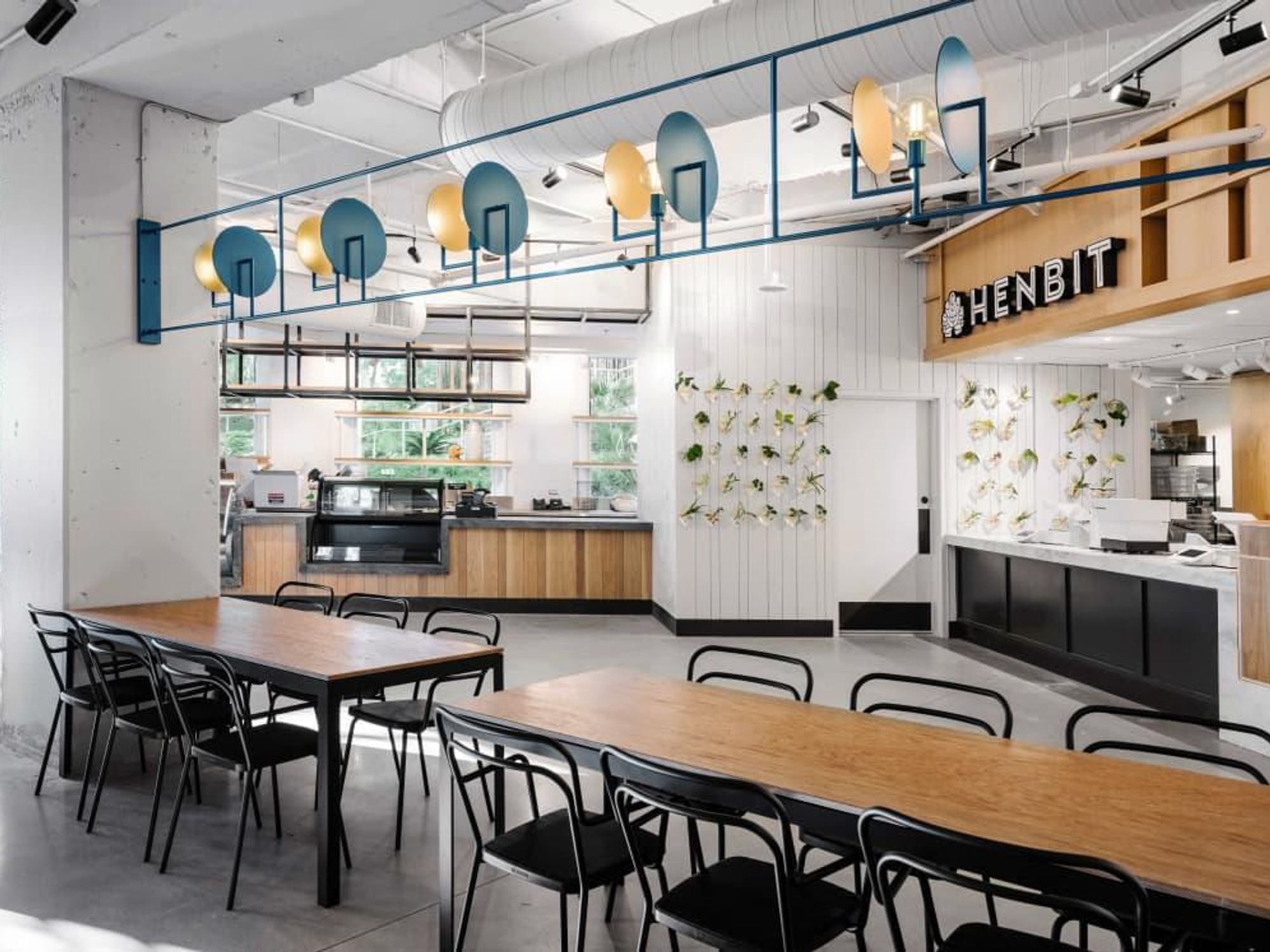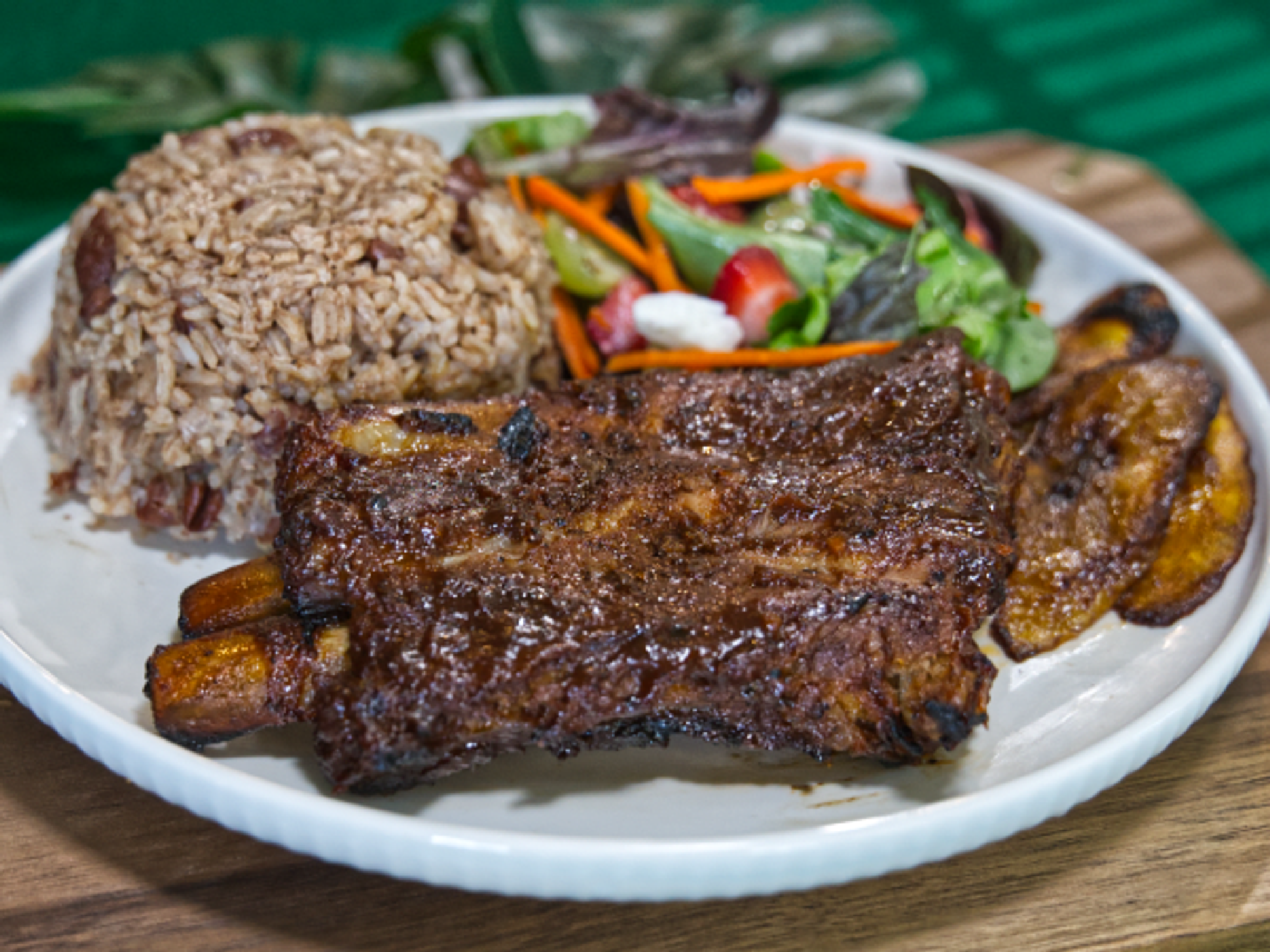Eating up the opportunities
Austin among best cities to start a restaurant despite recent wave of shutters

Austin has served up a virtual buffet of restaurant shutdowns in recent months. The menu of closings includes Hut’s Hamburgers, Uncle Billy’s, Red’s Porch, Noble Sandwich Co., and Daphne’s Mediterranean.
This recent wave of shuttered eateries makes you wonder just how hospitable Austin is for restaurant owners. Here’s some food for thought on that front: A new study ranks Austin as the second best place in the U.S. to launch a restaurant, behind Seattle. And it puts Austin in 28th place among 75 major global cities.
Germany-based online moving platform Movinga released the study. Nationally, Austin outperformed U.S. culinary hotspots like Chicago, Los Angeles, New York City, and San Francisco. Neither Dallas, Fort Worth, Houston, nor San Antonio made the 75-city cut.
Kevin Fink, owner and executive chef of four Austin restaurants — Emmer & Rye, Henbit, TLV, and the upcoming Hestia — says the Movinga ranking underscores the vibrancy of Austin’s restaurant scene.
“Austin, like any city, has its ups and downs, but the energy of the city is what keeps attracting more and more business here,” Fink says. “Austin is an ever-growing market. I think so much of what makes opening a restaurant in Austin hard is understanding where the city is going to be in five years; it is evolving so quickly.”
Movinga picked the 75 cities based on their entrepreneurial spirit, business opportunities, and economic growth.
The study took into account each city’s ecosystem for entrepreneurs, costs to launch a business, and timeframe for setting up a new business. For the restaurant sector in particular, Movinga considered a city’s cost of real estate, availability of hospitality workers, and ecosystem for hospitality businesses.
In the restaurant category, Austin scored 82.4 out of 100 for the availability of hospitality workers, 79.2 for real estate costs, and 77.4 for hospitality ecosystem.
Achieving success in the Austin restaurant business requires finding qualified employees, Fink says, and investing sufficiently in décor, equipment, and social media.
“Austin is a very engaged and knowledgeable restaurant market. You have to really be focused here,” he says.

 Island Riddim's curry goat.Photo courtesy of Island Riddim Jerk & BBQ Grill
Island Riddim's curry goat.Photo courtesy of Island Riddim Jerk & BBQ Grill